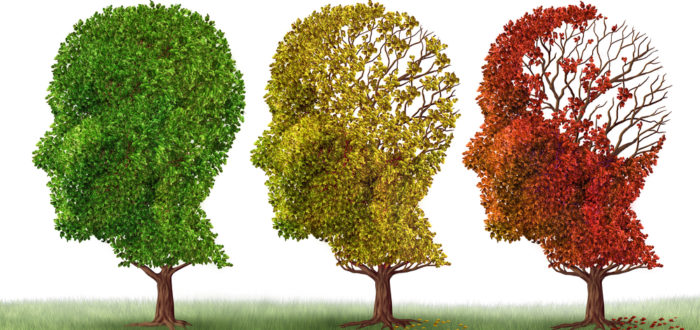During the month of June, our focus is brought toward Alzheimer’s and Brain Awareness. Many professionals such as the Hearing Loss Association of America are convinced that ‘hearing loss may increase the risk of cognitive problems and even dementia.’ In this blog, we ask is there a connection between dementia and hearing loss?
Dementia and Alzheimer’s
Alzheimer’s is a disease that affects the brain. Dementia is the name for a group of symptoms arising from damage caused by diseases of the brain. These include problems with memory, language, thinking, perception and problem-solving.
In 70% of Dementia cases, the cause is Alzheimer’s disease. However, there are different types of dementia. It’s a serious health concern and approximately 1 in 10 men and 1 in 6 women over the age of 55 will develop dementia, but it can affect anyone at any age.
The Connection Between Dementia And Hearing Loss
How often have you felt mentally tired after being in a noisy environment? Do you occasionally get a stress headache after straining to hear one voice over a cacophony of background noise? These are proof of the stress that an untreated hearing loss can put upon your brain. It’s something we should pause to consider because a John Hopkins study found that the severity of hearing loss increased the risk of developing dementia as follows.
- X 2 for those with mild hearing loss.
- X 3 for those with moderate hearing loss
- X 5 for those with severe hearing loss
The silver lining in this cloud is that perhaps we can help protect our cognitive processes by protecting our hearing. This is just one more reason to maintain a routine schedule for hearing checks.
But what are the main ways that hearing loss may be connected to dementia?
Social isolation is common with a hearing loss due to withdrawing from social events and environments where it’s difficult to hear. Unfortunately, this could contribute to cognitive decline because your brain isn’t processing as much sound stimulus and like any skill it starts to deteriorate if not used.
This could lead to the structure of the brain changing. As seen in brain imaging scans of older adults with a hearing loss. There was visibly less gray matter in the sound receiving and processing area of the brain. This suggests that the cells simply shrink when they are under used, which could lead to cognitive decline and dementia. (Research continues in this area to discover if the use of hearing devices could help in recovery of these areas of the brain.)
Finally, the excessive ‘cognitive load from straining to hear and the associated stress may reduce the amount of available energy that the brain has left for memory function.
Have a Question? Want to Get Your Hearing Checked? Contact Us Today!
It’s also worth factoring in that once cognitive decline has begun, it can be much more difficult to adjust to wearing a hearing device. Which is why we urge you to contact us as soon as possible if you have any hearing concerns.
At Hearing, Balance & Speech Center, our hearing care professionals would be happy to give you a hearing assessment. Give us a call on 203-774-5642 to arrange an appointment, or click here to request one online.

